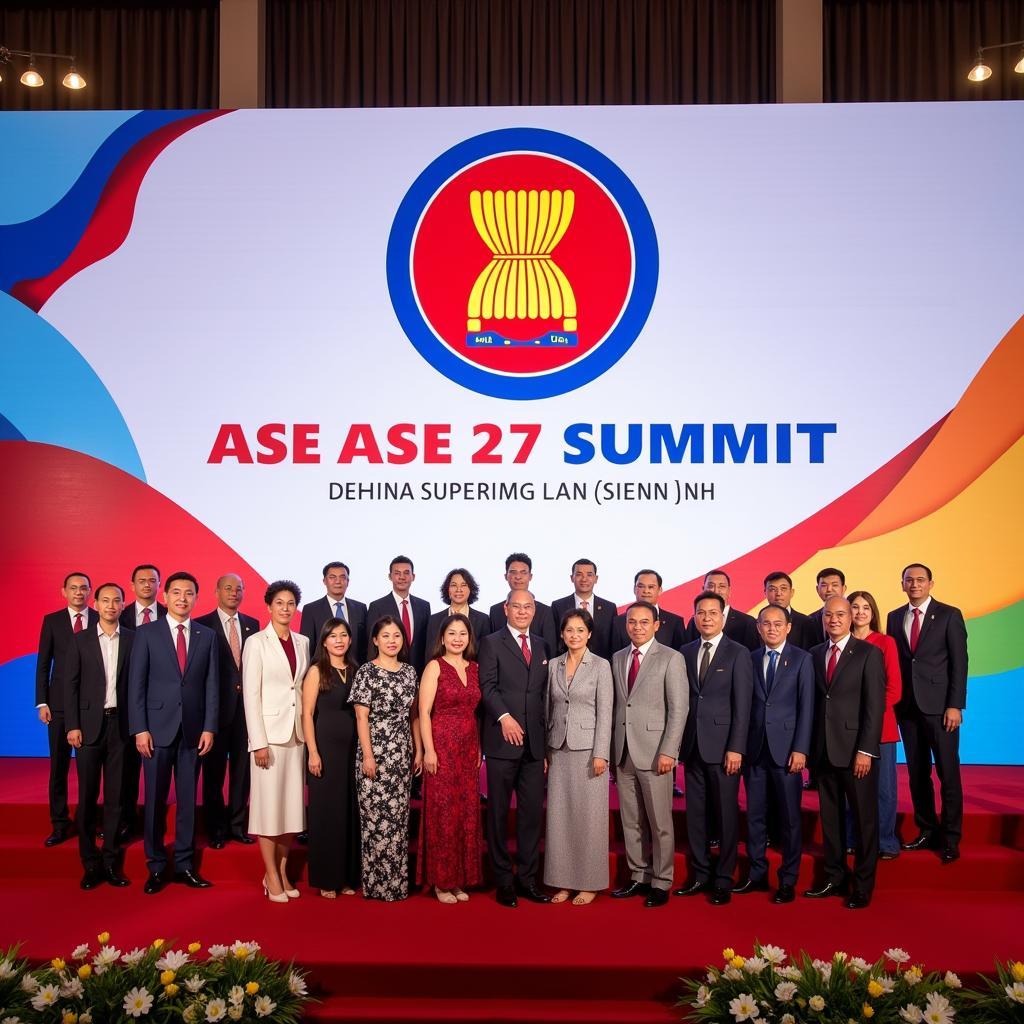As ASEAN nations continue to strengthen their ties, the need for effective communication becomes paramount. While each country boasts a rich tapestry of languages and dialects, a unifying force emerges in the form of Bahasa Inggris, more commonly known as English. Serving as the official language in several member states and widely spoken across the region, English has become the linchpin for collaboration, commerce, and cultural exchange within ASEAN.
The Role of English in ASEAN Integration
The Association of Southeast Asian Nations (ASEAN) places a strong emphasis on fostering a sense of community and shared identity among its diverse population. English plays a pivotal role in this endeavor by facilitating cross-cultural understanding and cooperation. From government summits and business negotiations to academic conferences and tourism, English acts as the common thread weaving together the diverse fabric of ASEAN.
Economic Benefits of English Proficiency
Beyond its unifying role, English proficiency brings tangible economic advantages to ASEAN nations. In today’s globalized market, businesses need to communicate effectively with international partners and investors. A strong command of English opens doors to new opportunities, attracting foreign direct investment and fueling economic growth. Moreover, as English dominates the digital realm, proficiency in this language is essential for ASEAN countries to thrive in the digital economy.
Educational Opportunities and Cultural Exchange
For individuals in ASEAN, fluency in English unlocks a world of educational opportunities. Many prestigious universities across the globe use English as the medium of instruction. Proficiency in English allows ASEAN students to pursue higher education abroad, bringing back valuable knowledge and skills to contribute to their home countries. Furthermore, English facilitates cultural exchange, enabling people from different backgrounds to connect, share their traditions, and broaden their perspectives.
Challenges and Opportunities in ASEAN English
While English serves as a powerful tool for communication and development in ASEAN, challenges remain. Varying levels of English proficiency across different segments of the population pose a barrier to inclusivity. Bridging this gap through accessible language education programs is crucial. Additionally, recognizing and valuing the rich linguistic diversity within ASEAN while promoting English as a shared language is key to fostering a harmonious and inclusive environment.
Embracing ASEAN Bahasa Inggris
As ASEAN continues its journey of integration and progress, English will undoubtedly play a critical role. By embracing Bahasa Inggris as a common language, ASEAN nations can unlock their collective potential, fostering economic growth, driving innovation, and strengthening their position on the global stage.
FAQs about English in ASEAN
What is the most spoken language in ASEAN?
While English serves as a common language, Malay is considered the most spoken native language in ASEAN.
Is English an official language in all ASEAN countries?
No, English is not an official language in all ASEAN countries. However, it holds official status in several member states, including Singapore, the Philippines, and Brunei.
How can I improve my English to better connect with ASEAN?
There are numerous resources available to improve your English, including language learning apps, online courses, and cultural exchange programs. Immersing yourself in English-speaking environments within ASEAN can also significantly enhance your proficiency.
Need Help with ASEAN Media and Communication?
Contact us at Phone Number: 0369020373, Email: aseanmediadirectory@gmail.com, or visit us at Thôn Ngọc Liễn, Hiệp Hòa, Bắc Giang, Việt Nam. Our dedicated customer support team is available 24/7 to assist you.

